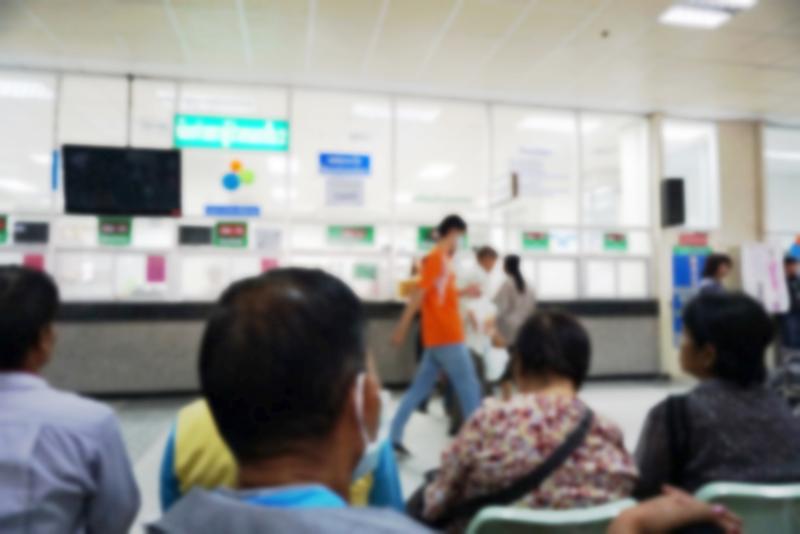 A total of RM50 million comprise bills unpaid by foreigners.
A total of RM50 million comprise bills unpaid by foreigners.Several barriers prevent migrant workers from accessing healthcare in Singapore, the most common of which are language/cultural and financial in nature, according to a study. These factors are likely to be linked to other factors such as prevailing healthcare policy, employer behaviour, and the degree of knowledge/healthcare advocacy among healthcare providers.
“Migrants all over the world face various challenges as they transit and adapt to their receiving countries,” the researchers said. “Among these challenges are barriers to healthcare, which may be accentuated by cultural, language and socioeconomic factors, which may also vary depending on the healthcare policy and provisions in the receiving country.”
A survey was conducted on doctors working in four restructured hospitals in Singapore to determine what they perceived were barriers faced by migrant workers in accessing healthcare. The doctors’ understanding of migrant-health-related policies in Singapore was also examined.
Overall, 427 survey responses were obtained from doctors, most of whom were senior residents or consultants who had been practicing medicine for a median of 10 years. [Singapore Med J 2019;doi:10.11622/smedj.2019101]
Doctors reported that the most common perceived barriers to migrant workers accessing healthcare were related to culture/language (92.3 percent) and finances (eg, healthcare cost; 81 percent). Six questions pertaining to migrant healthcare policy in Singapore were asked, of which a median of four were correctly answered by the respondents (interquartile range, 3–5). More than half of the respondents (55 percent) were unaware or unsure of available resources for migrant workers.
“Further work is needed to overcome these barriers and improve migrant-health literacy among doctors, so that they may act as healthcare advocates for patients,” the researchers said.
In this manner, healthcare providers can help in achieving universal health coverage as well as in promoting a safe and secure working environment for all workers, as outlined in the United Nations 2030 Agenda for Sustainable Development (UN Sustainable Development Goals 3 and 8), they added. [https://sustainabledevelopment.un.org/post2015/transformingourworld]
“Data from this current survey on migrant worker healthcare, which was conducted among doctors from various restructured public hospitals, provides a parallel perspective and corroborates our survey findings of the migrant workers themselves,” the researchers noted. [BMJ Glob Health 2017;2:e000213]
Most migrant workers in Singapore are from China, Bangladesh and South India, and majority of these are relatively young when they arrive and may stay in the country for up to 26 years. As such, many of these migrant workers develop chronic diseases (eg, hypertension and diabetes mellitus) and their attendant complications over time. [BMJ Glob Health 2017;2:e000213; https://www.mom.gov.sg/passes-and-permits/work-permit-for-foreign-worker/sector-specificrules/]
“Migrant workers in Singapore are also at risk of various occupational diseases (including work injuries, which can be life- or limb-threatening) and various infectious diseases by virtue of their countries of origin, housing conditions or other behavioural factors,” the researchers said. [Singapore Med J 2006;47:121-128; J Travel Med 2017;doi:10.1093/jtm/tax014; Emerg Infect Dis 2018;24:2084-2086]